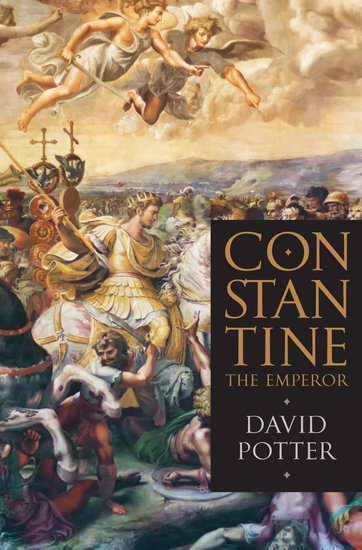Measuring athletic greatness
As Michael Phelps pulled away from the field in the 200 IM to win his thirteenth individual Olympic Gold Medal, he set the standard by which athletic greatness will be measured. The greatest athletes are not just good at one thing—the measurement of true greatness, established from antiquity to the present, is the ability to dominate different events, and the ability to do so more than once.





